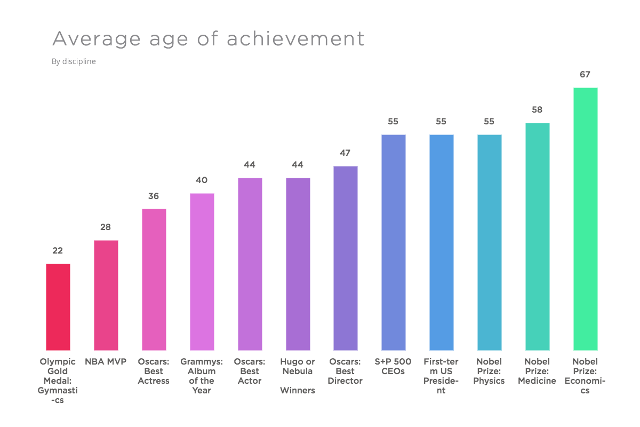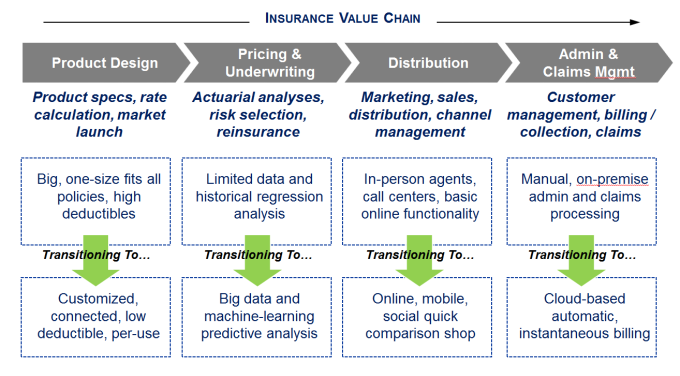
- How a giant like GE found home in the cloud
Embracing a cloud-first mentality across the organization required adjustments internally, too. Drumgoole arrived at GE two years ago to find the traditional angst between software developers and infrastructure operators. Devs can’t get the infrastructure they need; ops folks don’t know what the software teams need. Cloud seemed like the natural answer to this problem.
GE invested in building tools, creating systems and processes for managing it and ensuring regulatory compliance. When GE’s IT team introduced the cloud services, some of those software developers and ops teams didn’t want to use it. “Some of the legacy, single-technology developers struggled with deploying and moving apps when we took away the support envelope of a traditional infrastructure team,” he says, adding that the challenge has largely been overcome, though it required a shift in mindset.
- No lawyer? This online tool uses AI to review your contracts
This seems like a major privacy concern, but intriguing none the less…Next, LawGeex uses its array of technologies to compare the contract against a database of thousands of similar ones. It flags anything that needs extra attention and also provides statistics and benchmarks.
Explained in simple terms, its final analysis — delivered within 24 hours, or on the next business day — aims to ensure that users know exactly what they’re agreeing to. Included in that report are a summary, a contract score, and information such as clause explanations, negotiating tips, and sample language for missing clauses.
http://www.cio.com/article/3058698/no-lawyer-this-online-tool-uses-ai-to-review-your-contracts.html
- How To Take Back Control Of A Negotiation
1. Establish that you’re there because they need you. If you’re a finalist, they must already have a very positive perception of what you can do for them.
2. Look for small ways to gain leverage. Moving the meeting to be last in the day is one example. Being last helps because the client learns from earlier presenters—and often shares that with you directly, like revealing that others had accepted an offer of $25,000.
3. Radiate confidence when you’re in the room. You must believe deeply in yourself; otherwise it’ll show. Remember, they can only get what you do from you.
4. Use your vulnerability. I knew that I’d feel anxious as soon as I first accepted the challenge of going after this project. The way to deal with those fears is by talking with your team and deciding what to do about them collectively. When I discovered who we were up against, that fear helped me realize how their size might actually be a weakness—which turned my own sense of vulnerability on its head. If nothing else, it encouraged the competition to underestimate us.
http://www.fastcompany.com/3058768/how-to-take-back-control-of-a-negotiation
- These Are The Ages When We Do Our Best Work

Some, like professional athletes and CEOS, tend to cluster especially tightly around certain age ranges (because of constraints like physical prowess and work experience, respectively). However, in each of these fields, people tend to do great work at all sorts of ages. Though Adele pulled the Grammy Album of the Year down from an average of around 40 by winning at age 23, Ray Charles yanked it up by winning his Grammy at 74.
- Intel axes 12,000 jobs as it looks to break away from PCs
Intel is cutting 12,000 jobs worldwide as the company restructures operations to diversify from PCs into growth areas of IoT and servers.
The layoffs account for about 11 percent of employees worldwide. Intel is also consolidating work locations worldwide in a move the company hopes will save it US $750 million this year.
http://www.cio.com/article/3058610/intel-axes-12000-jobs-as-it-looks-to-break-away-from-pcs.html
- Verizon is offshoring jobs, records say
For instance, in Lake Mary, Florida, employees wrote on their TAA application: “Verizon has been in the process of moving all production for all products off shore for the last few years. We were notified in April [2015] that all the remaining VOIP Order Management was being moved to Manila. Two VOIP order managers had been sent to Manila to train the new group. … My group also had to train the offshore group to take over our job function. HR told me this was a massive layoff!”
Photo: Tom Sodoge



